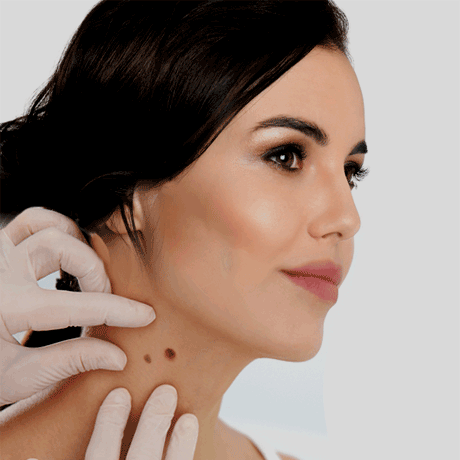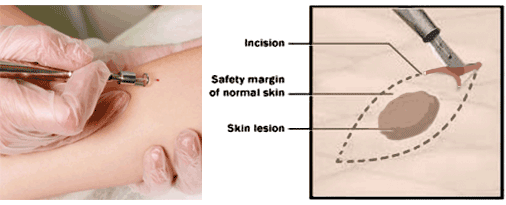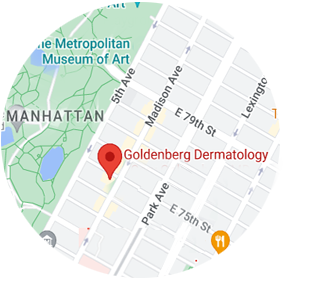Skin Cancer Excision | NYC
Once the presence of skin cancer has been determined, the next step it to remove the cancerous cells as quickly as possible, in an effort to stop the cancer from growing and possibly spreading.
An excision is the process of “cutting out” the lesion in which the skin cancer exists. Our doctors will conduct an excision in order to remove the cancerous skin cells and to restore your body to full health. Excisions are effective in removing skin cancers such as basal cell carcinoma, squamous cell carcinoma and melanoma. Removal of the affected cells is intended to stop the cancer from growing and spreading to larger areas of the skin. Early detection is crucial in diagnosing and treating skin cancer.
Goldenberg Dermatology provides special expertise in the screening, diagnosis, treatment, and removal / excision of skin cancer. Common skin cancers include basal cell carcinoma, squamous cell carcinoma, and melanoma. Early detection and treatment of skin cancer has been one of the most significant advances in dermatologic surgery in the past decade. When detected early and removed promptly and early on, skin cancer is more likely to be cured, so do not delay in contacting Goldenberg Dermatology in New York, NY today.














